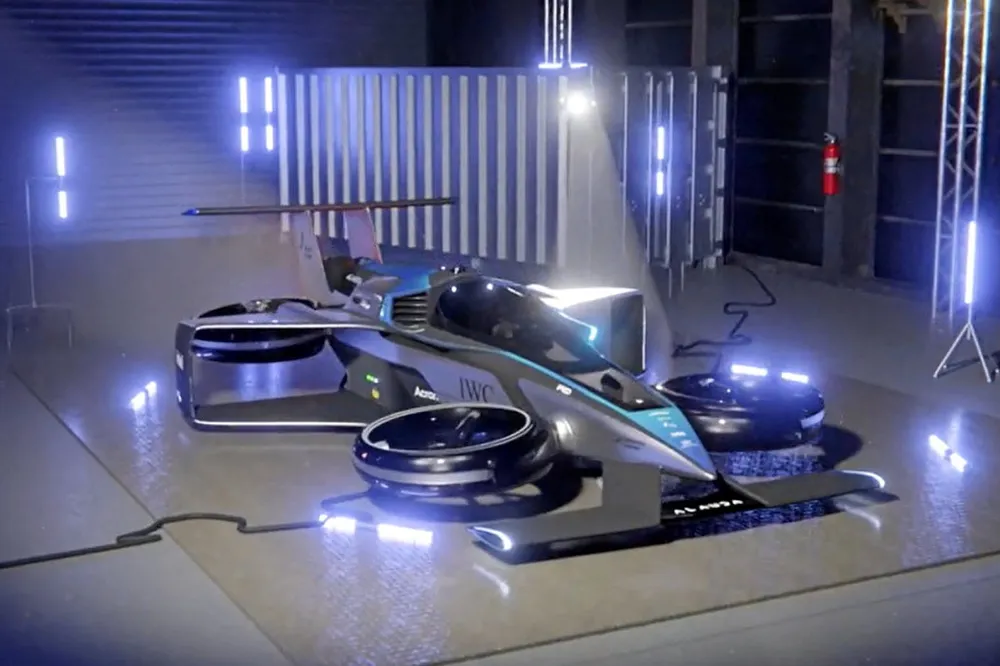VIDEO | 'Piloted hydrogen-powered flying cars will be racing against each other at speeds of up to 360km/h from next year'
Australian start-up Alauda Aeronautics has already made more than 350 test flights of the remote-controlled version of the eVTOL aircraft
